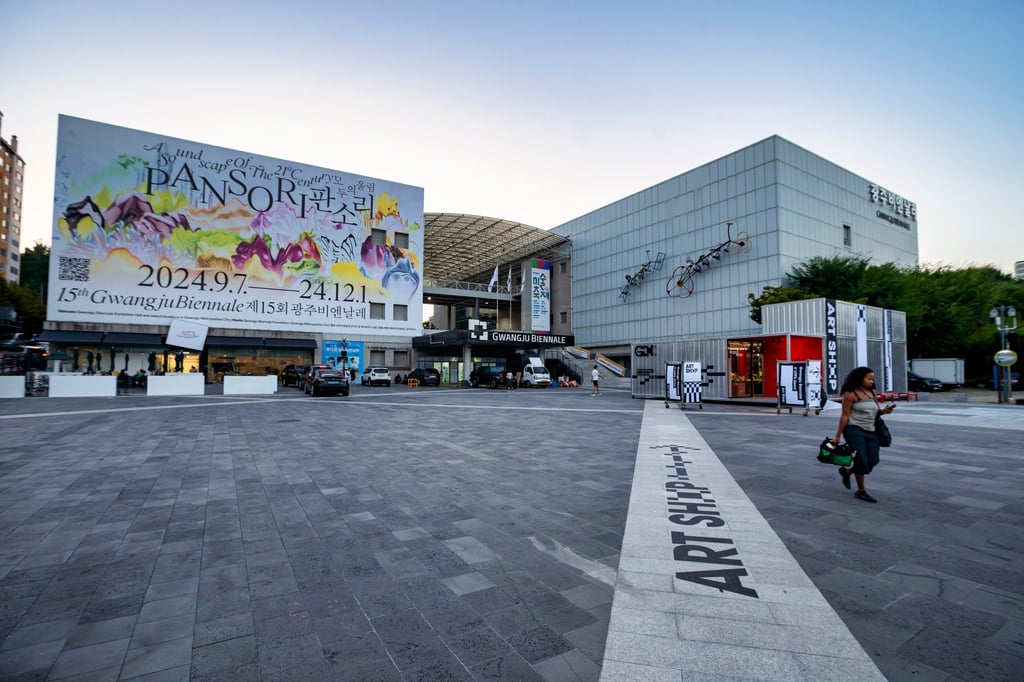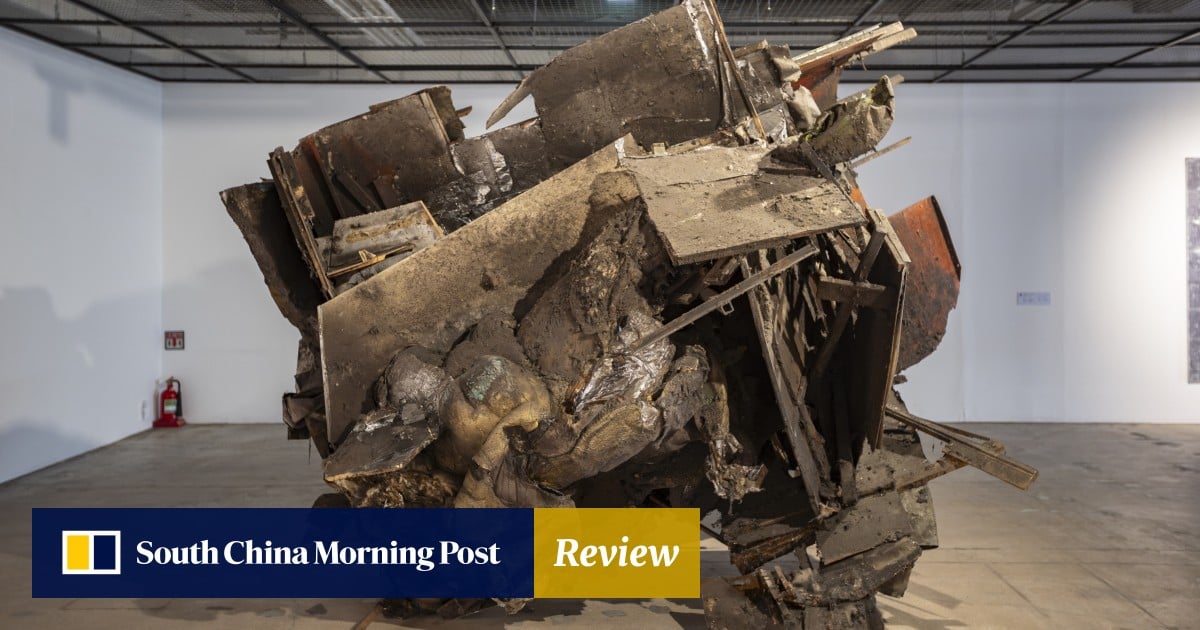The 15th edition of the Gwangju Biennale, Asia’s largest contemporary art exhibition, opened on September 7 during a month in which South Korea is brandishing its visual-arts soft power.
The main exhibition in Gwangju – this year titled “Pansori”, after the Korean traditional folk opera genre – has moments that enthral, transform and intrigue. But it also stirs questions about the value of biennales today.
According to the curatorial statement, the operatic title symbolises a world where discordant voices can be heard simultaneously. Different sections of the exhibition, each having a sound-related theme, are meant to bring out the idea that more space should be given to other species, and to each other.


